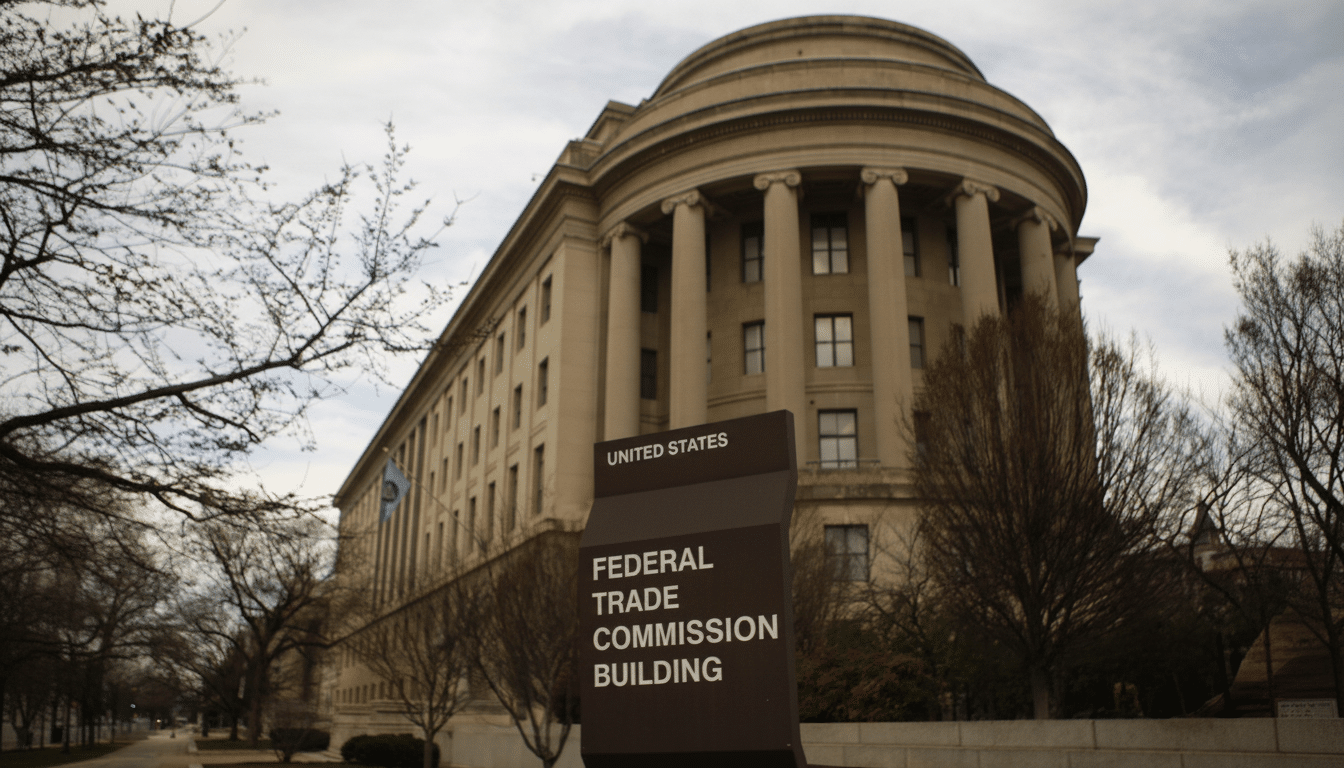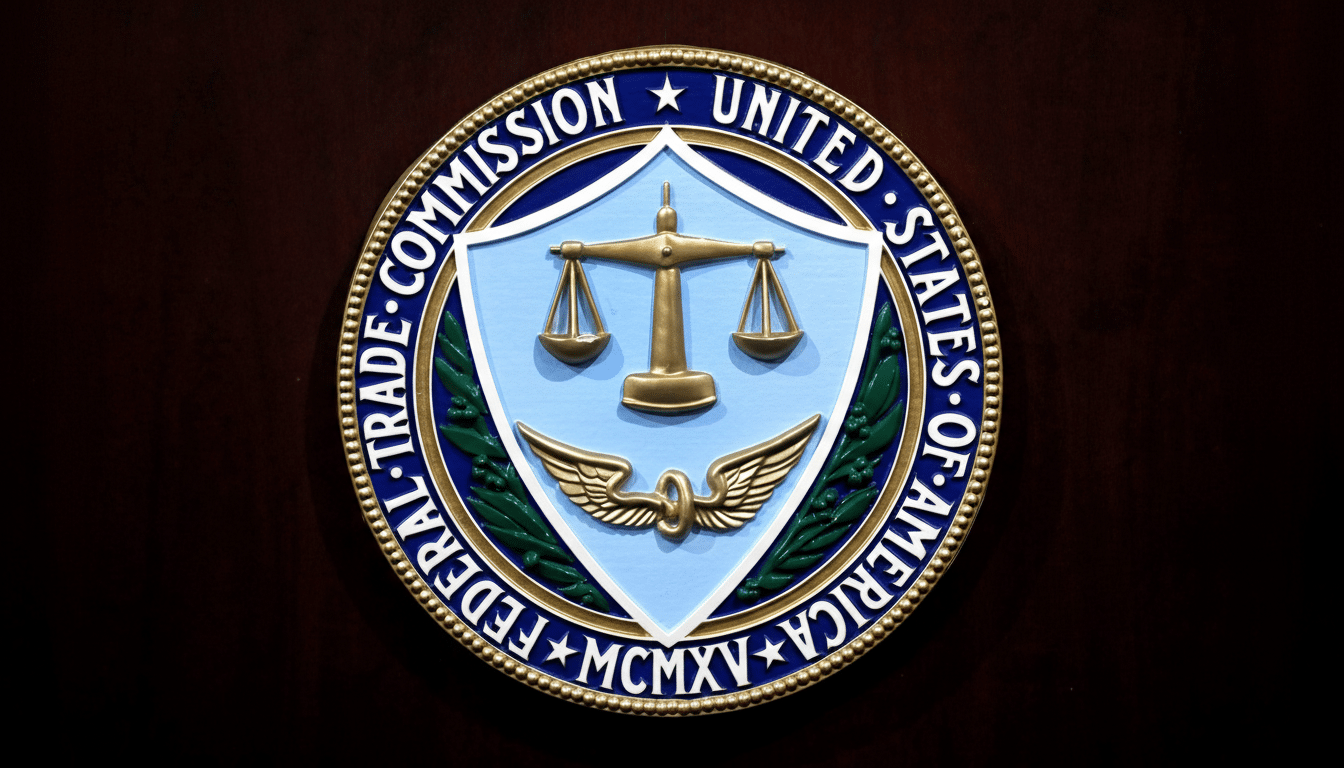The Federal Trade Commission has filed a lawsuit against the primary ticket seller, Ticketmaster, and its parent company, Live Nation, claiming that the companies “maintain an unlawful monopoly over live-event ticketing services to concert venues” and “reap substantial revenues from fees on tickets sold in the secondary market” — what is commonly known as scalping. The complaint takes on three central practices:
- Undisclosed “drip” fees that add to the cost once a ticket is at checkout.
- Weak controls that make it easy for brokers to get around ticket limits.
- A business model that collects fees not only on the initial sale but also when a ticket is sold in the secondary market.
The lawsuit comes with the backing of a multi-state coalition that includes Colorado, Florida, Illinois, Nebraska, Tennessee, and Utah. It underscores broad political pressure over how Americans purchase concert and sports tickets. The stakes are sweeping, too: The case calls into question behavior in one market where Ticketmaster is believed to control a commanding share of primary ticketing for major venues.

What the FTC Alleges About Fees, Resale, and Market Power
First, regulators argue, Ticketmaster helps contribute to such confusion by advertising a ticket price then revealing mandatory fees only late in the checkout process — interspersed with other confusing language that suggests it is not the seller responsible for those extra costs.
The agency defines this as textbook “drip pricing,” an issue it has sought to address across industries in its broader crackdown on so-called junk fees.
Second, the FTC says Ticketmaster turns a blind eye as professional brokers work around ticket purchase caps — through multiple accounts, bots, or other means — to buy thousands of seats for resale. Far from implementing stronger anti-bot tools or clamping down on identity checks, the complaint alleges that Ticketmaster had a financial reason to turn a blind eye to any abuse because sellouts can lead to more lucrative resales.
Third, the agency explains that Ticketmaster makes money in both directions. A significant number of fans are unable to purchase tickets during the initial sale; therefore, they often need to return to Ticketmaster’s resale marketplace, on which prices are already inflated and on which Ticketmaster earns another set of fees. According to the internal materials cited by the FTC, the company has successfully resisted more stringent anti-broker measures out of fears that they would cut revenue. The FTC highlights that aspirational artists and teams that want families and fans to purchase tickets are also affected because artificially limited primary supply and resale that relies heavily on fees prices many of them out of the live event in the end, costing fans thousands of dollars. The FTC reached this conclusion from the prior history of the events.
Meanwhile, public complaints about service fees and sellout mayhem have also been a cultural trope. The movement to register for blockbuster tours exposed capacity limits and “drip” expenses that led to a declaration from the White House and an advocacy group for all-in pricing. A few weeks later, Live Nation declared an all-in alternative at many venues, an advancement the FTC wishes to see standardized and regulated.

How Ticketmaster and Live Nation Respond to the FTC Lawsuit
The firms have regularly claimed to be fighting, rather than facilitating, this epidemic. However, the businesses draw attention to their spending on bot control, identity-based ticketing, and a real-buyer ticketing program like Verified Fan.
They also confirm that a charge for distribution can be ascribed to the venue and marketer, not merely the ticketing site. Live Nation has also claimed there is counterfeit protection and safety in place for an approved marketplace, and enforceable selling restrictions would divert trading to less reputable, overseas channels thereafter. Due to political impact, the firm has upheld all-in pricing while justifying the application of real-time pricing and variable charges to balance market costs and dollars back to artists.
What Is at Stake for Fans, Performers, and the Industry
The FTC seeks economic consequences and certain redress, as well as operational amendments that may alter how tickets are sold and exchanged.
Fees and resale commissions are sources of material revenue, so any such remedies could send shock waves through promoters, venues, and artists. There is a historical example of fee flexibility if the pressure gets high enough: After receiving public outcry, Ticketmaster gave partial refunds for fees on a major tour by The Cure, showing that pricing can bend under pressure from artists and regulators alike.
What Comes Next in the FTC Case and Ticketing Market
The case will probably proceed on a parallel track with the existing antitrust litigation, which means that there could be overlapping remedies — from regulatory structural overhauls to rigorous behavioral conditions. Consumer groups such as the American Economic Liberties Project and Public Citizen will be looking at how a settlement addresses resale incentives, not just fee disclosure.
For now, the question is whether the government can show that practices by Ticketmaster cross the line from unpopular to unlawful — and, if so, whether it brings about a more transparent market in which fans know the real price upfront and have an equal opportunity to buy tickets at face value.

